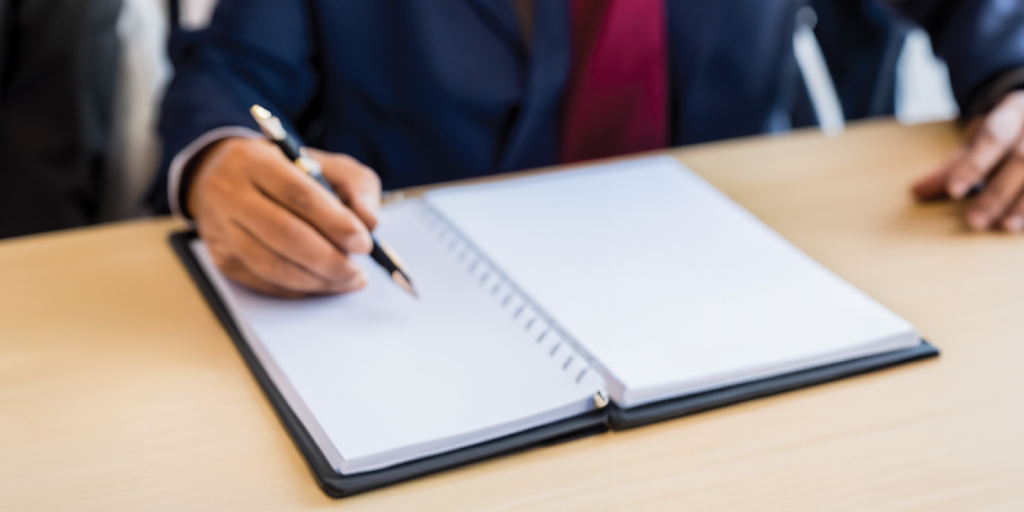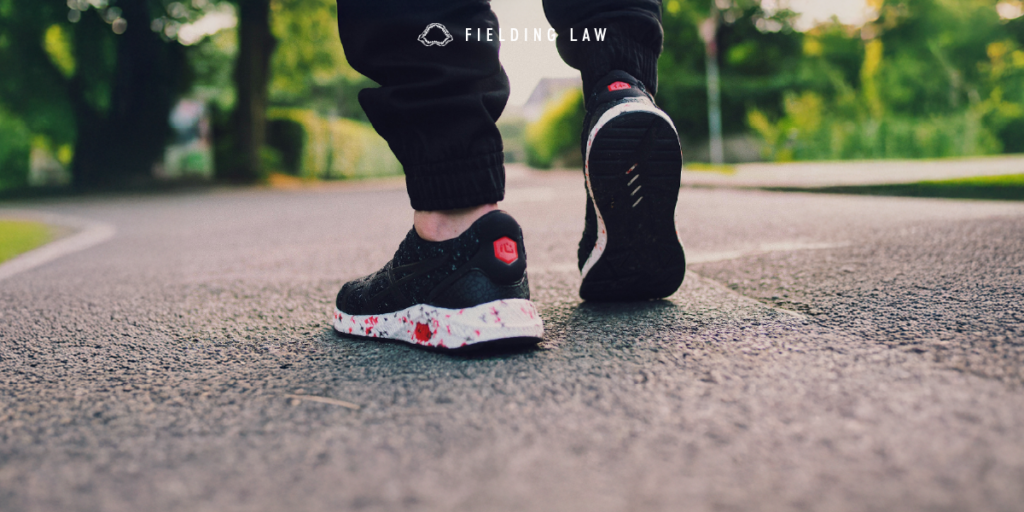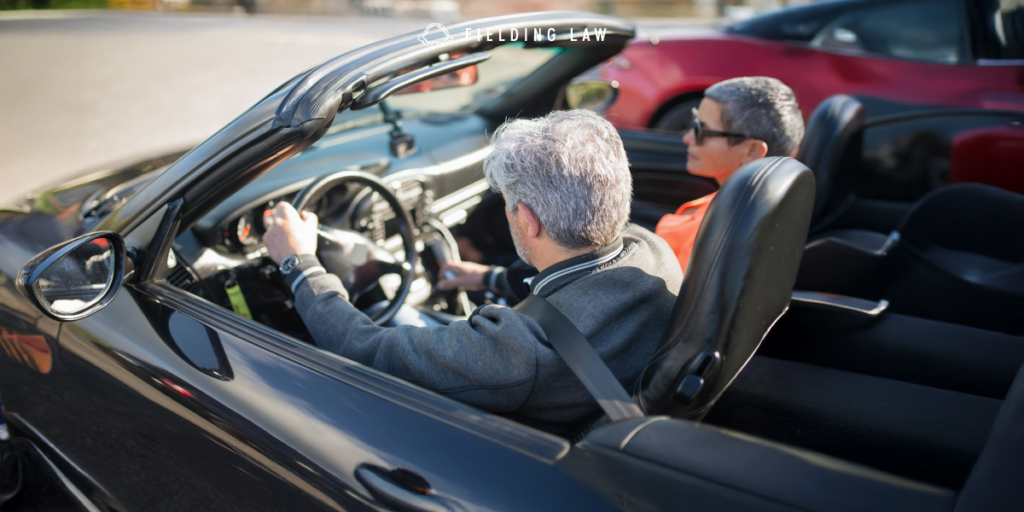Road signs are an essential part of every driver’s journey. They help keep us safe, informed, and aware of the rules of the road. While the general purpose of road signs remains the same across the United States, California and Arizona have specific road signs designed to address the unique conditions and needs of each state. Understanding these signs is crucial not only for safety but also for avoiding legal trouble.
Types of Road Signs in California and Arizona
Both California and Arizona follow federal guidelines for road signs, but you will find some distinctive signs in each state due to differences in traffic laws, weather conditions, and road infrastructure. Let’s break down ten common signs you will encounter in these states.
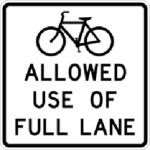
1. Bikes May Use Full Lane
This sign allows cyclists to take up the full lane, especially when it is too narrow or unsafe for them to ride at the edge. California, with its many bike-friendly cities like San Francisco and Los Angeles, often uses this sign to ensure that cyclists have the room they need to stay safe. Arizona, known for its beautiful desert roads, uses this sign as well to protect cyclists from being squeezed by larger vehicles.
Why It Matters:
- Protects cyclists from being squeezed by cars and trucks.
- Helps both drivers and cyclists understand their rights on the road.
 2. Watch for Motorcyclists
2. Watch for Motorcyclists
This sign reminds drivers to stay alert for motorcycles, which may be harder to see in traffic. Motorcycles are especially prevalent in California, where riders enjoy scenic routes along the Pacific Coast Highway, and Arizona, known for its popular routes like Route 66.
Why It Matters:
- Raises awareness of the presence of motorcycles, ensuring safer driving for all.
- Helps reduce accidents caused by drivers failing to notice bikers in traffic.
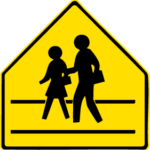
3. Pedestrian Crossing
Both California and Arizona feature Pedestrian Crossing signs to remind drivers to be cautious and yield to pedestrians at crosswalks. In urban areas like Los Angeles or Phoenix, these signs are especially important as more people walk due to traffic congestion.
Why It Matters:
- Protects pedestrians by alerting drivers to slow down.
- Promotes safer streets in busy cities with high foot traffic.
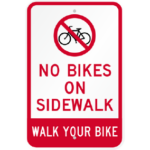 4. No Bikes on Sidewalk
4. No Bikes on Sidewalk
California and Arizona both utilize No Bikes on Sidewalk signs to protect pedestrians. Riding bikes on sidewalks can create dangerous situations where pedestrians and cyclists share space, particularly in crowded areas.
Why It Matters:
- Protects pedestrians from bike accidents.
- Encourages cyclists to use bike lanes or roads for a smoother, safer ride.
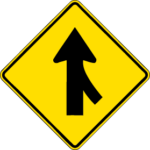
5. Merge Ahead
One of the most common signs in both states, Merge Ahead, warns drivers that lanes will be merging. California’s heavy traffic and Arizona’s scenic routes make this sign a necessity, especially on highways and interstates.
Why It Matters:
- Alerts drivers to prepare for lane changes.
- Reduces accidents caused by sudden merging.
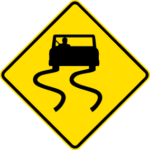 6. Slippery When Wet
6. Slippery When Wet
In California, especially in mountain regions, and Arizona, where sudden rainstorms can occur, the Slippery When Wet sign is essential for alerting drivers to hazardous road conditions. This sign is often posted on bridges, hills, and roads prone to slickness after rain.
Why It Matters:
- Helps drivers adjust their speed and driving behavior in wet conditions.
- Prevents accidents caused by slippery surfaces.
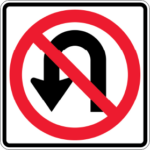
7. No U-Turn
While this sign may seem simple, it is essential for reducing dangerous traffic maneuvers, especially in busy urban areas. Both California and Arizona use No U-Turn signs to prevent drivers from turning around in restricted areas, such as intersections or highways.
Why It Matters:
- Prevents accidents caused by drivers attempting illegal U-turns.
- Maintains smoother traffic flow.
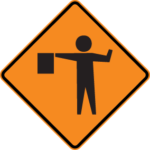 8. Construction Zone
8. Construction Zone
Construction Zone signs are common throughout California and Arizona, particularly in growing urban areas and on highways undergoing repairs. These signs warn drivers to reduce speed and drive cautiously in areas with construction activity.
Why It Matters:
- Protects construction workers and drivers.
- Reduces accidents caused by speeding in work zones.
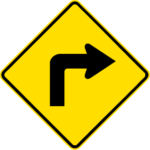 9. Sharp Turn Ahead
9. Sharp Turn Ahead
California’s mountain highways and Arizona’s desert routes are often filled with sharp curves. The Sharp Turn Ahead sign gives drivers a heads-up to slow down and adjust their driving.
Why It Matters:
- Helps drivers navigate tricky turns safely.
- Prevents accidents in areas with poor visibility or sharp corners.
 10. Animal Crossing
10. Animal Crossing
In both California and Arizona, you will find Animal Crossing signs, especially in rural and mountainous areas. These signs alert drivers to the potential for wildlife, such as deer or cattle, to cross the road.
Why It Matters:
- Protects both wildlife and drivers.
- Reduces accidents caused by collisions with animals on the road.
Why Road Signs Matter in California and Arizona
Ensuring Road Safety for All
Road signs are designed to protect not just drivers, but cyclists, pedestrians, and motorcyclists as well. In states like California and Arizona, where different types of vehicles share the road, these signs are critical for reducing accidents.
Legal Compliance
In both states, failing to comply with road signs can result in fines, traffic violations, or worse, accidents. Being aware of what each sign means ensures that you drive within the law and avoid costly mistakes.
Navigating Unique Road Conditions
From California’s coastal routes to Arizona’s desert highways, both states have unique driving conditions. Road signs help drivers navigate these conditions safely, from warnings about high winds to signs indicating the presence of wildlife.
Stay Safe, Stay Informed
Whether you are a resident or a visitor in California or Arizona, understanding road signs is essential for safe and responsible driving. Be sure to familiarize yourself with these and other signs to protect yourself, your passengers, and other road users. Always drive with caution and respect for the rules of the road.
If you are ever involved in an accident due to a misunderstanding or failing to adhere to road signs, reach out to Fielding Law for expert legal guidance. Our experienced team is here to ensure your rights are protected on the road.
Call 833.88.SHARK for a free consultation today!
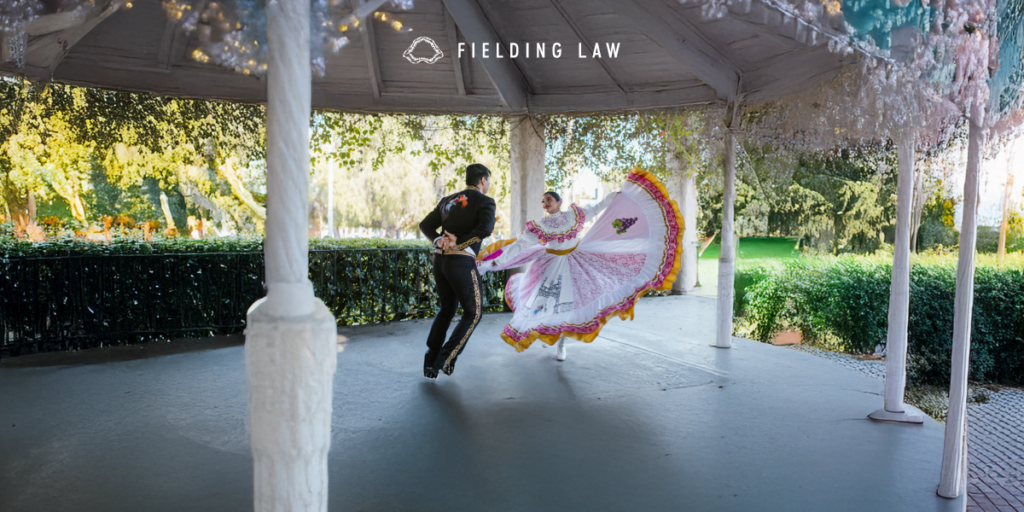
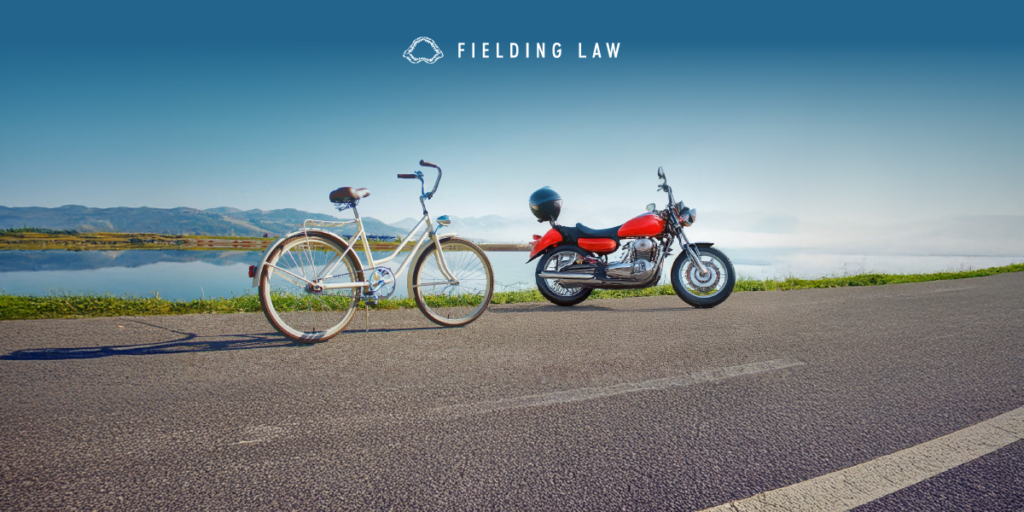
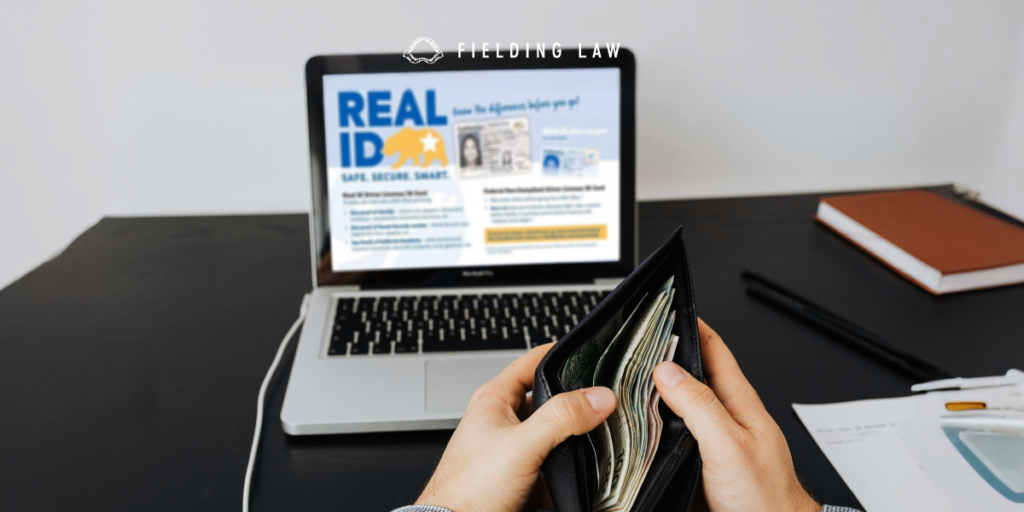

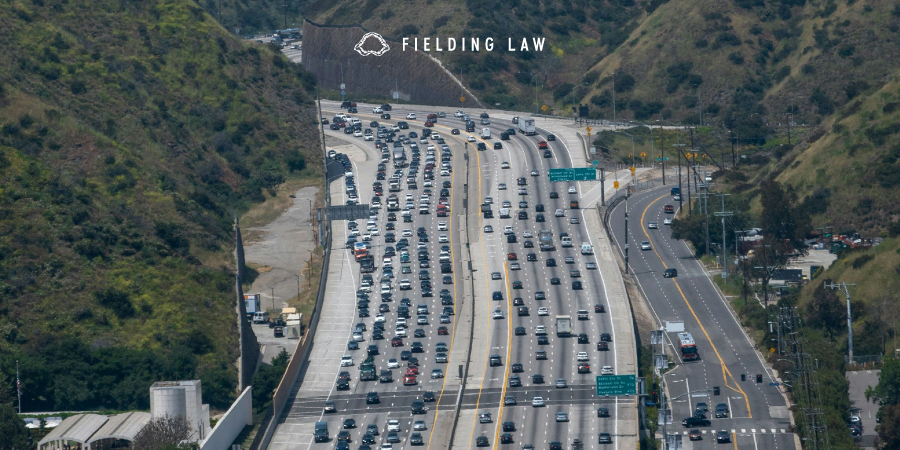
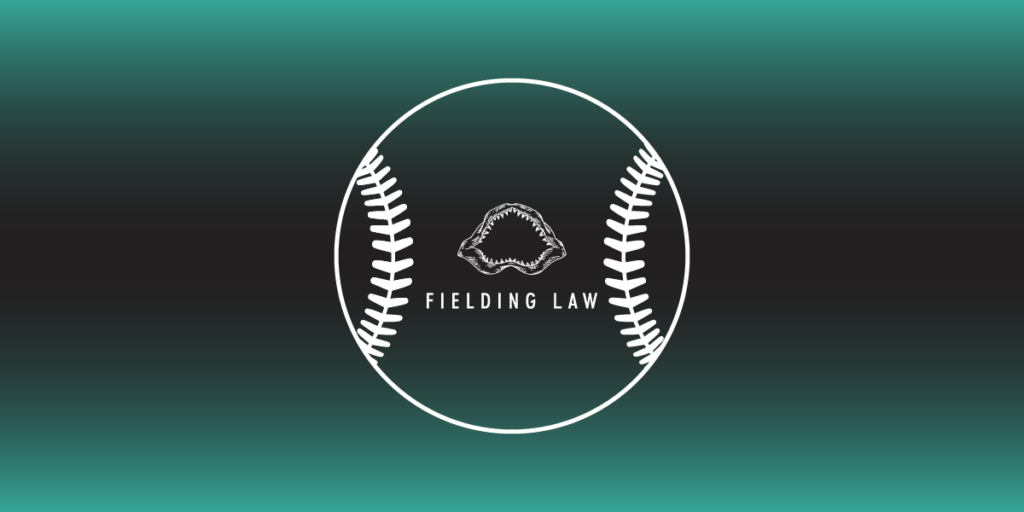
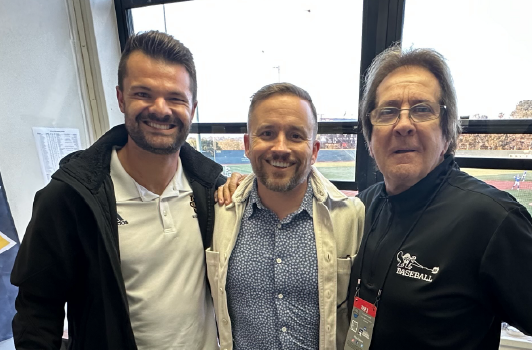
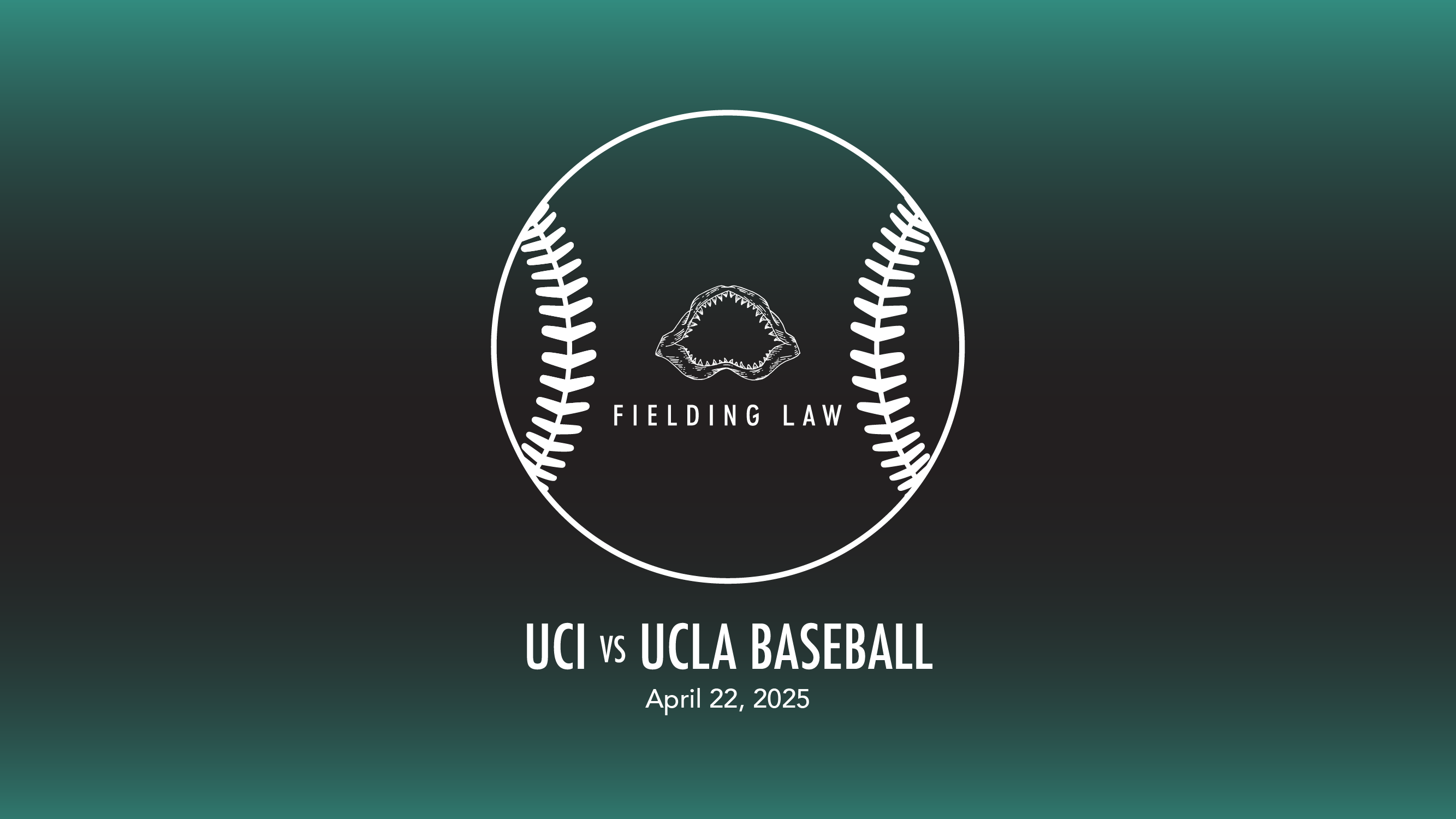
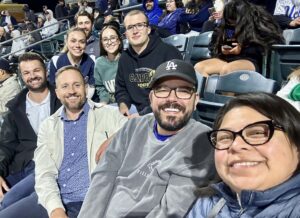
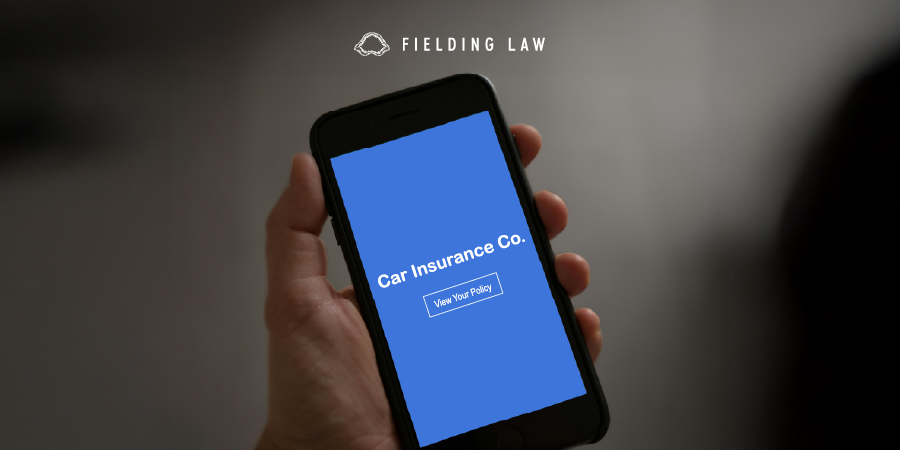
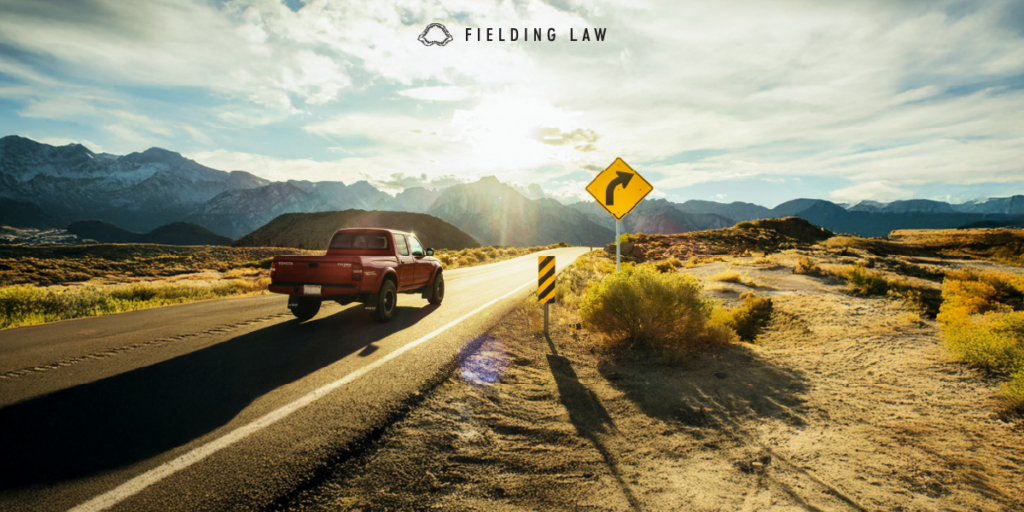

 2. Watch for Motorcyclists
2. Watch for Motorcyclists
 4. No Bikes on Sidewalk
4. No Bikes on Sidewalk
 6. Slippery When Wet
6. Slippery When Wet
 8. Construction Zone
8. Construction Zone 9. Sharp Turn Ahead
9. Sharp Turn Ahead 10. Animal Crossing
10. Animal Crossing